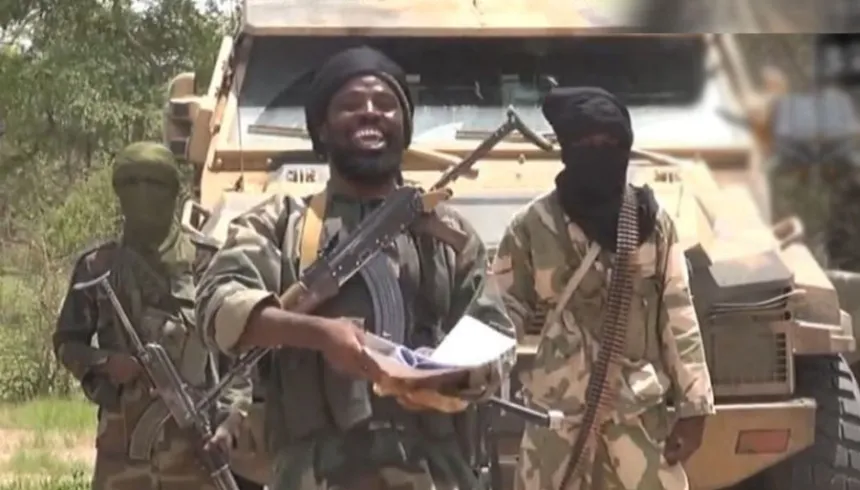In Borno State, Nigeria, many displaced families are refusing to return to their villages. They fear Boko Haram violence, even as the government shuts down camps and urges people to resettle.
Camps Closed, But Fear Remains
The Muna camp in Maiduguri once housed over 22,000 people. Today, it is almost empty. Authorities dismantled water and basic services to push residents out.
Still, some like Maryam Suleiman, a widow with 12 children, refuse to leave. Her hometown, Dongo, is where Boko Haram fighters killed her brothers. “They’re still killing people there,” she says.
Recent attacks prove her right. In May 2025, militants struck a military base in Marte, killing five soldiers. More than 20,000 people fled again after the violence.
Life After Resettlement
Governor Babagana Zulum argues that camps encourage crime and dependency. He says resettlement restores dignity and is the only way to defeat Boko Haram.
But the reality is harsh. Food is scarce in resettled towns. Farmland is destroyed, and aid is limited. According to UNICEF, 4.5 million people in the northeast need help. Nearly 2.5 million children face acute malnutrition.
Trapped Between Fear and Hunger
Displaced families face a painful choice: risk death at home or starve in camps. Security analyst Kabir Adamu warns that without strong protection, people remain vulnerable. Many pay ransoms to militants just to survive.
For Suleiman, survival means staying put. “Until news of bloodshed sounds strange in our ears, we will stay,” she says.
A Struggle Without End
The displaced in Borno remain caught in crisis. They long for farms, schools, and businesses. Yet with insecurity and hunger rising, safe return is still a dream.
For now, they remain in the ruins of camps, waiting for peace to reach their doorsteps.

